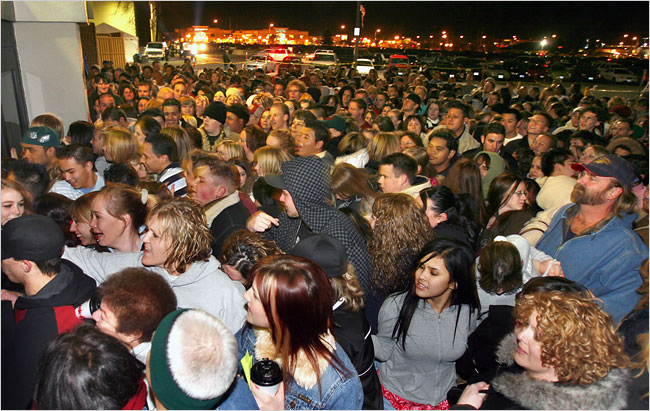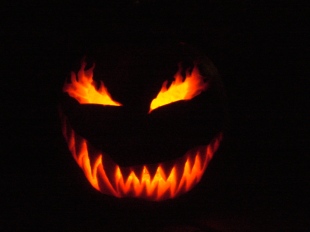
In case you missed it, I was on the Moody Radio program “Up For Debate” with Julie Roys discussing the Christian response to Halloween. Click and take a listen.
Do you have associate or assistant ministers in your church? Are you an associate pastor? Get a copy of my book, The Work of the Associate Pastor. This value resource will set associates and churches up for success.






 Some of us may be uncomfortable with the holiday that is upon us: the dreaded Halloween! What an evil holiday! But, wait! Is Halloween really that evil?
Some of us may be uncomfortable with the holiday that is upon us: the dreaded Halloween! What an evil holiday! But, wait! Is Halloween really that evil?

You must be logged in to post a comment.